What is Eco-punk, and can such a movement change the planet?
Youth Club Inc is a reactionary brand combining sustainability and the subversion of punk culture, in a way that can only be defined as the Eco-punk movement.
Five years ago, at the SS18 London Fashion Week, Tyler Cowan, observed nuances seen between catwalk subversion and upcycling fashion. His brand, Youth Club Inc, reacted to this revolt of fashion show normality. Now in 2023, we'll look at how brands like his attract young people to think sustainably.
In the spirit of covid-19, Tyler and I sat down for a Zoom call to talk about his USP, Eco-Punk. As Creative Director and CEO of own his brand, Tyler explains he makes clothes for the “naughty kids, those cheeky boys who, you know, had to go to the youth club because otherwise, they'd be spray painting or smoking weed.”
Tyler himself reflects a “don’t give a fuck” and always “looking cool” attitude found within the punk movement of the 70s. But what became clear in this interview is that his passion and intentions are directed toward saving the planet.
How did you make the connection between recycled clothing and punk culture, and do you think Eco-punk is a growing genre of fashion?
Tyler: A lot of what you see in original punk, like Vivienne Westwood, Sex Pistols, you know, all of those subgroups, was actually that they were already upcycling. They were already focused on sustainability. So, it's interesting that this kind of new form of punk style called eco-punk has popped up because punk was already always about sustainability.
It was always about fighting against the established culture that was just mass consumerism. It was just about taking, you know, taking and taking and taking, you know, and basically consuming for the individual. You know, it's like, I want more of this. Whereas Punk was much more about let's share, let's reuse, let's kind of, you know, fight, fight the big corporate system.
Youth Club Inc is sustainable, what does that term mean for you and your design practice?
When I talk about Youth Club Incorporated, we're trying to, rather than we're trying to embrace and connect punk with upcycling or punk with sustainability, we're trying to re-bridge punk with sustainability. That's the word we like to use because it was already there. It's just that a lot of big designer brands now try and emulate punk, but they're mass-producing it. They're producing it with brand new materials, brand new manufacturing plants, they're not using any form of sustainable products. And the whole idea of the ethos of Youth Club Inc is basically forever young, forever lasting, ever upcycling. That is our quote.
You mentioned that the idea for Youth Club Inc started at London Fashion Week, can you walk us through what happened?
So, I was going to Fashion Week to do this documentary and I didn't have anything interesting to wear so my mother suggested Just grab whatever T-shirts you have in the house. She actually grabbed some really rare like Vivienne Westwood and some other kind of like, you know old punk designers and we basically made a pair of custom patchwork jeans.
They were my favourite jeans, but they were falling apart. I was like, I cannot let these jeans go. We turned these jeans into...you know, piece of art basically. And I wore it to Fashion Week and people could not stop asking, where did you get those jeans?
Do you think that young people are starting to connect their fashion with being sustainable and what is the catalyst for that connection?
Yeah, I think that now that Gen Z has kind of grown up to an age where we can really understand what's going on in the world, that we can understand the politics, the economics, the environmental issues, we're really looking at the great, the bigger picture.
Our generation have very, very quickly seen, as we've grown into our early 20s, that we're going to actually be the ones digging up the landfills and having to sort through all those materials and reuse them.
How do you gain visibility for your brand in such a competitive landscape?
We look at trends that are at the top, that are being worn by the highest of the highs, you know, and try and predict what is coming next. And then we produce garments that are going to be, you know, more intense, more catching, more mind-blowing than what is currently out there.
Then when we get ASAP Mob and The 1975 wearing them, brands like Balenciaga will hopefully see that these artists, that their own influences. Are choosing us over them because of sustainability. We're putting the power into the artist's hands rather than it being in the brand's hands.
How do you think we can combat the fear of recycled clothing? Because I know a lot of people that get put off by the fact that it's second-hand materials.
Our brand is focused on making punk clothing. So, there's a lot of brands that, you know when you buy their sustainable products, and I have a real problem with this, they focus on making the product about being sustainable. That scares a lot of consumers.
People don't want to buy clothes that have a kind of, you know, they don't want to buy clothes that have a heavy message attached to them. Our clothes, basically, they look punk, and yes, someone will walk up to you and say are you punk? It's your choice to say, you know, I'm punk, but these are sustainable.
To explore the angle from a consumer's side I decided to anonymously interview an Oxford Brookes student to see what they think about sustainability in the fashion industry.
In what ways are you sustainable with your choices?
I don’t think I’m very sustainable in my choices just because I don’t think I care enough to make an actual action about it. But I do like the idea of being sustainable at least and if more fashion brands could be sustainable that would be great.
Do you think that if sustainable fashion brands promote the aesthetic of their clothing before the fact that it’s recycled, are people more likely to buy it?
If sustainable fashion brands advertised the way their clothes look and the appeal of their clothing over the sustainability but also be sustainable, they would make great businesses and do much better than the companies that don’t do that.
Please watch my short video!




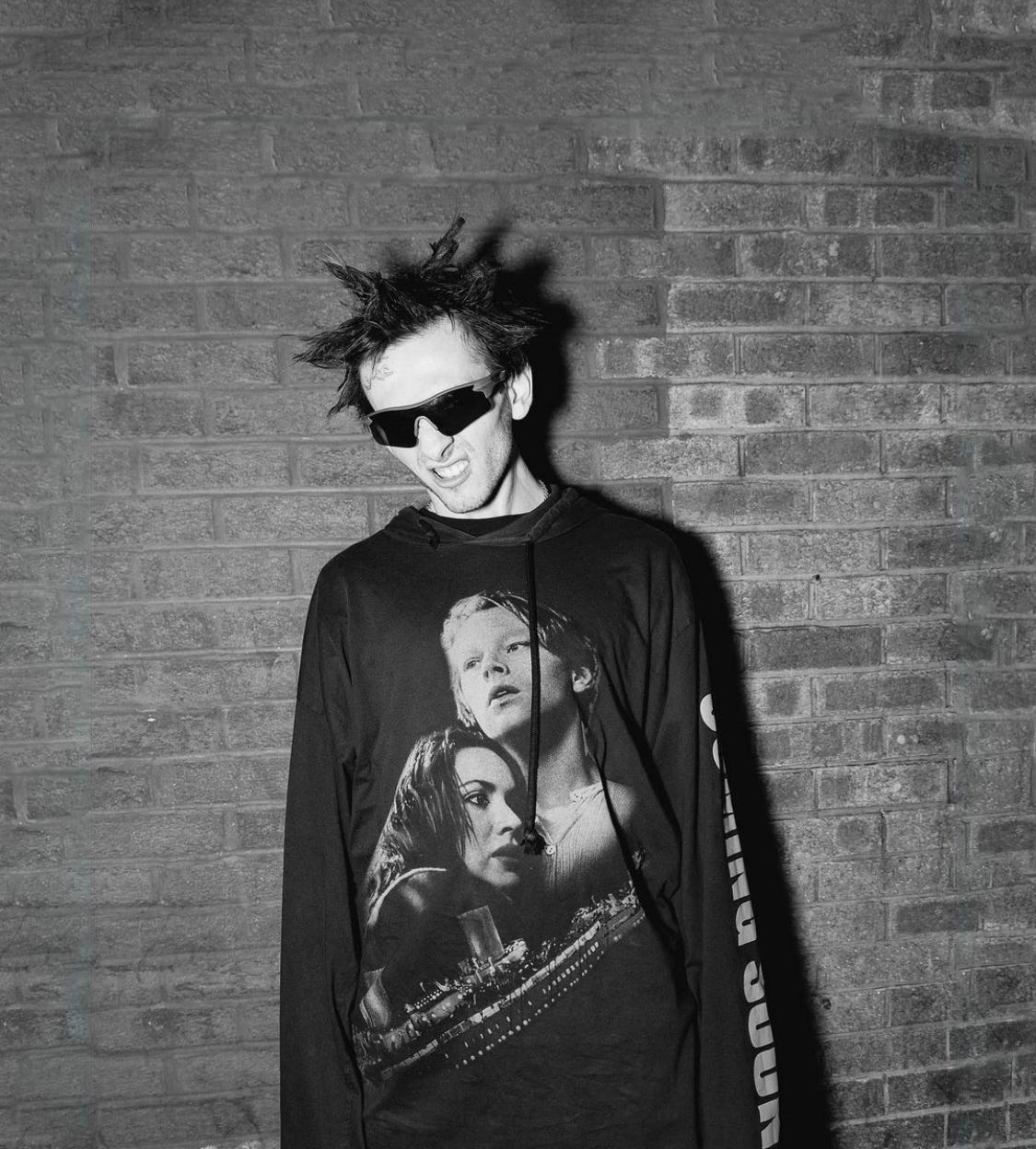
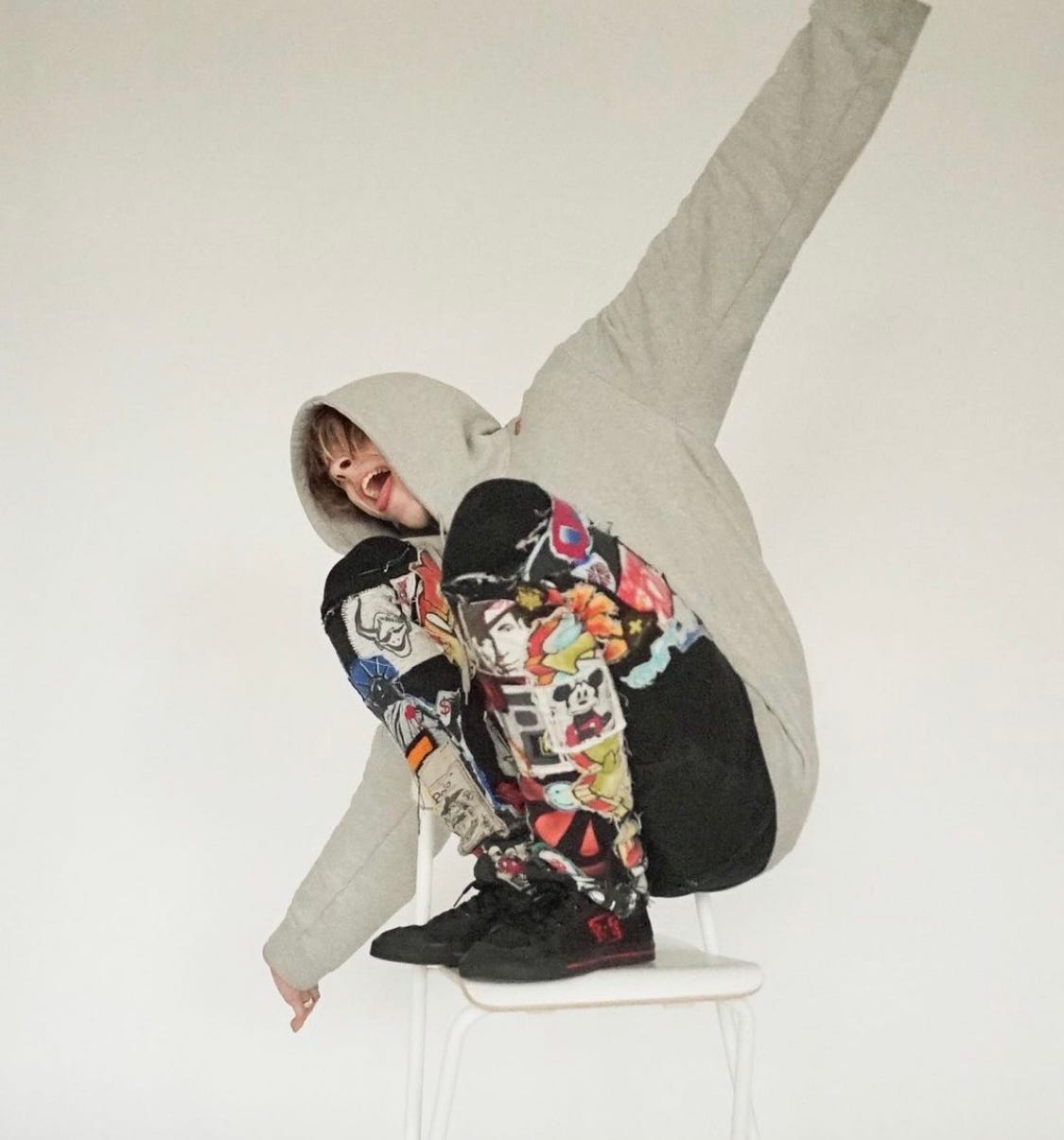
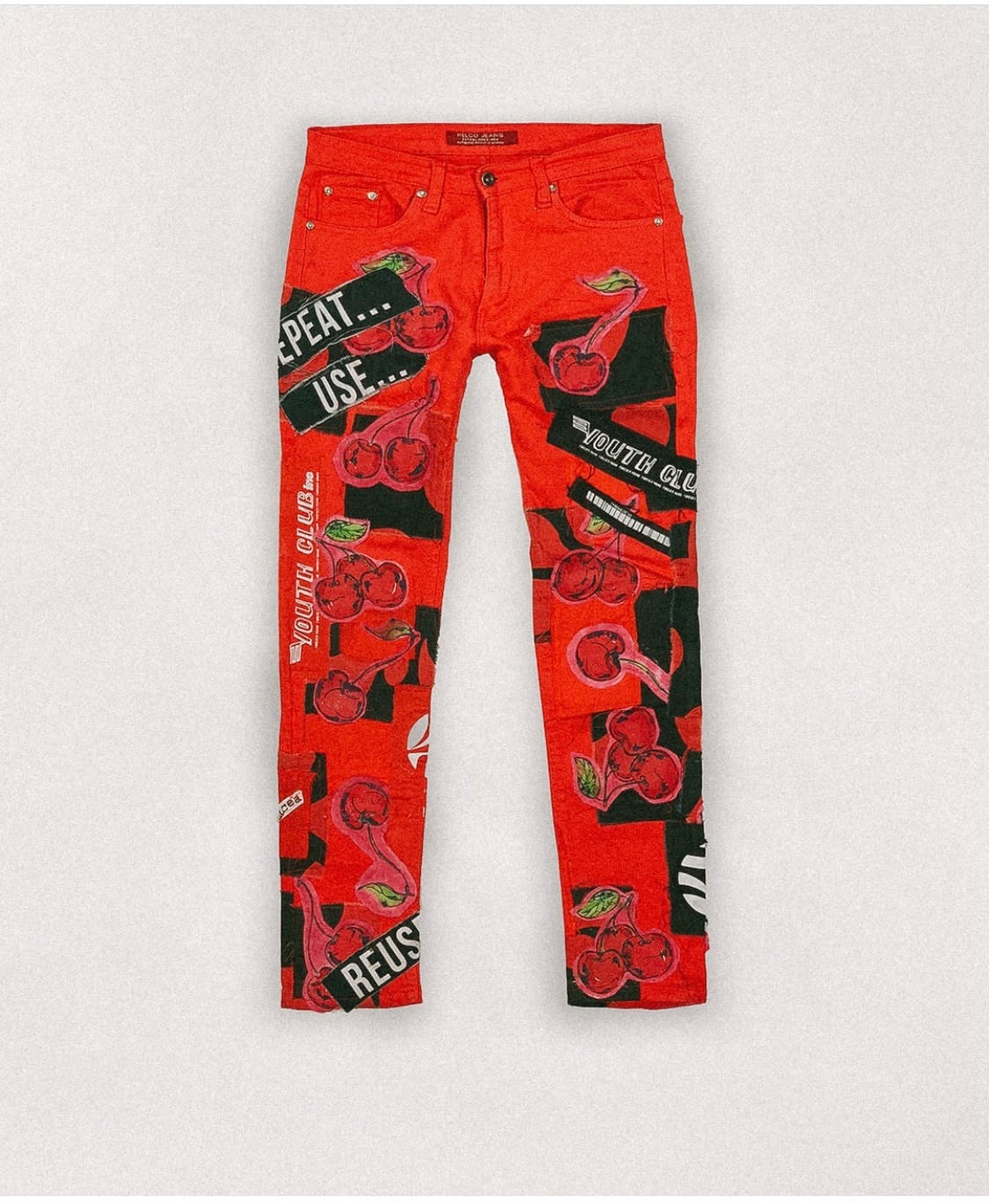
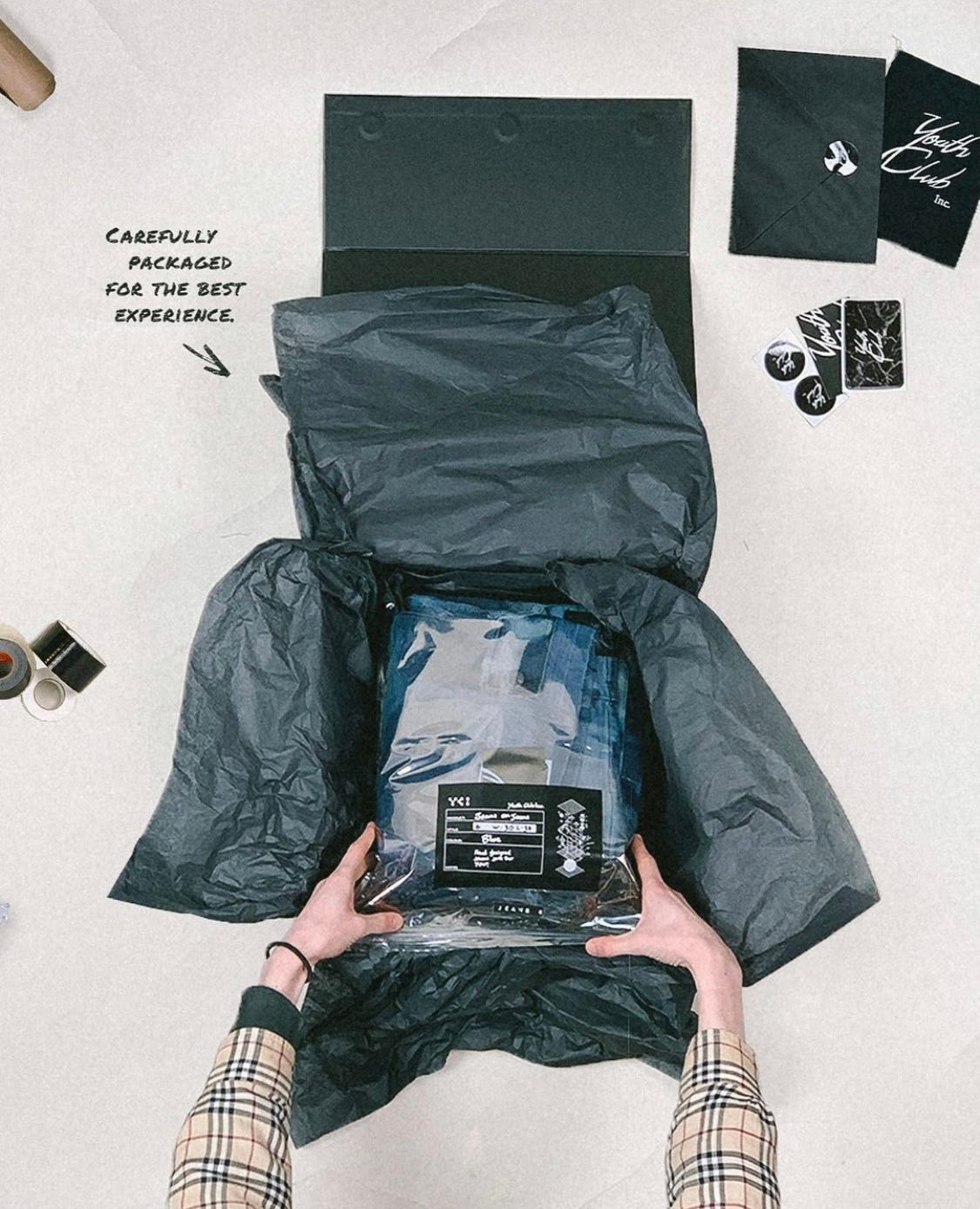
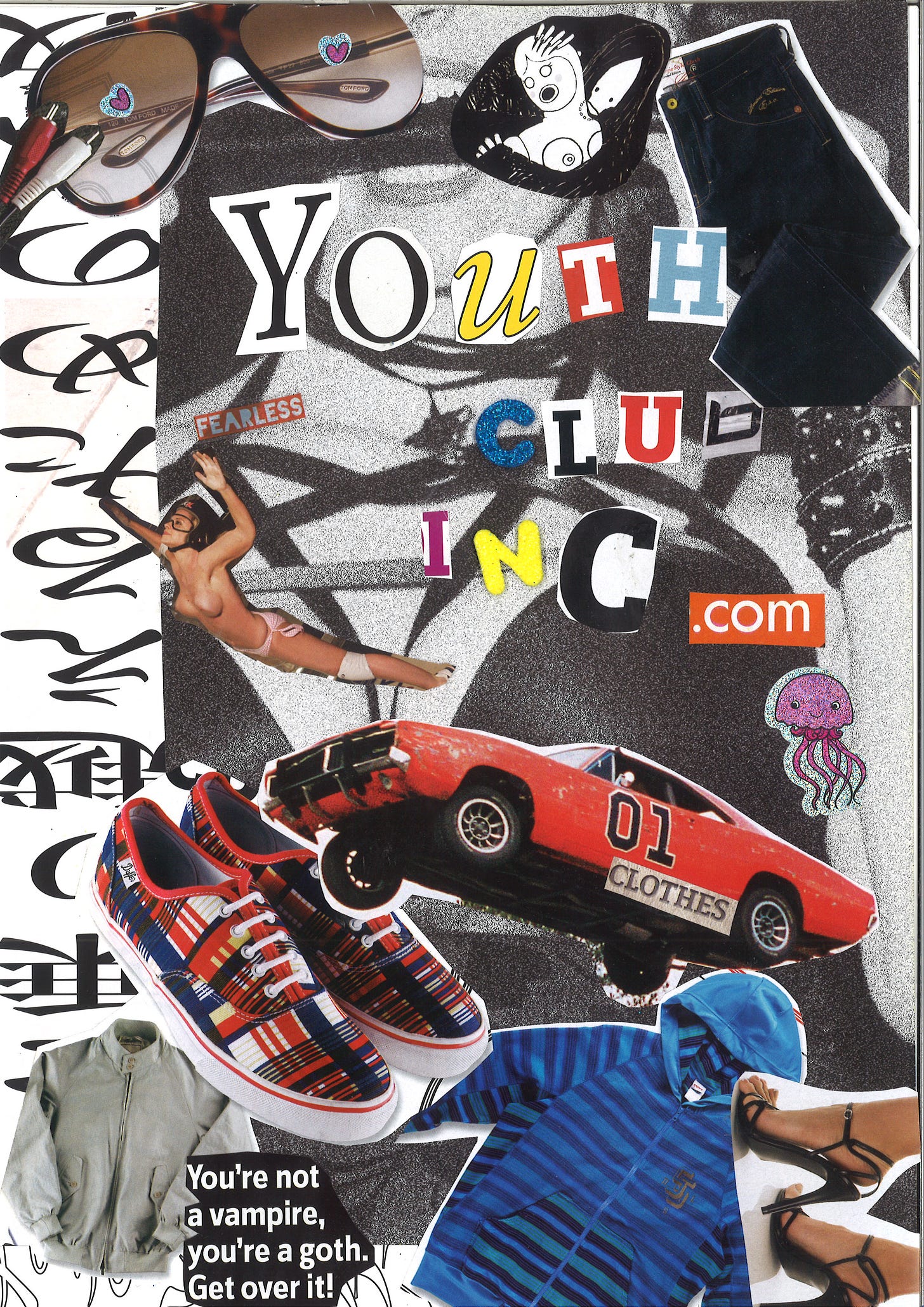
I love this